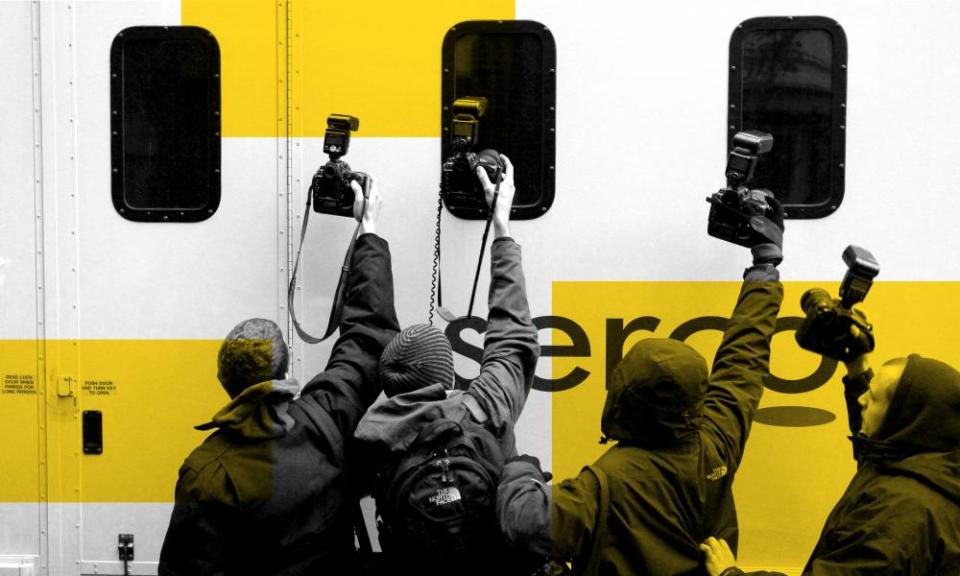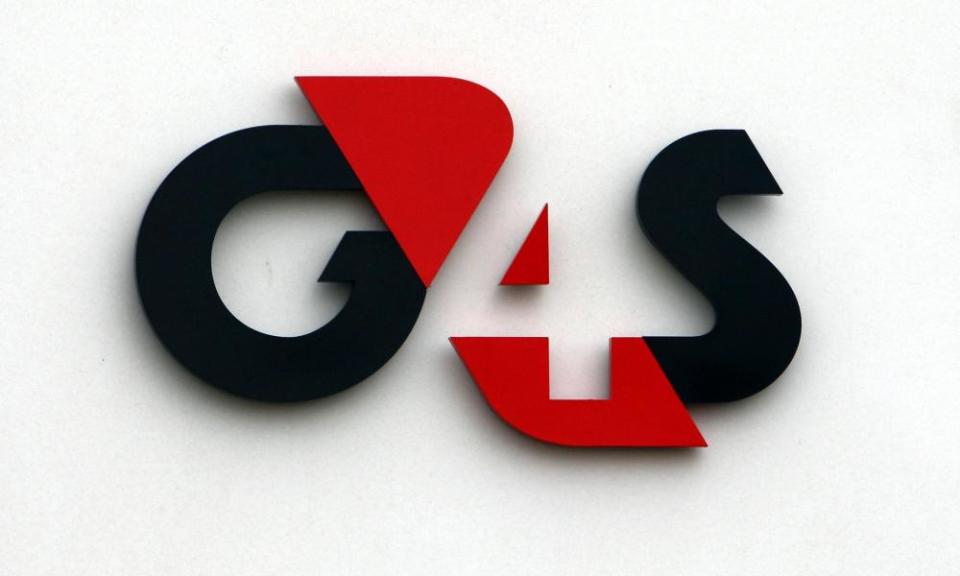Carillion's main rival firms put under the financial microscope

The collapse of Carillion has increased scrutiny of government ties to private contractors. Work carried out by major outsourcing firms, such as Serco and G4S, includes maintaining railways and running immigration detention centres. Here is a financial summary of the remaining big players.
Serco
The firm’s involvement in the public sector includes running the Yarl’s Wood immigration detention centre, the London bicycle scheme, Mersey Rail and managing the Atomics Weapons Establishment.
Of its £3bn turnover, around £750m comes from central government contracts.
Serco has minimal direct exposure to Carillion through joint ventures, but last year it agreed to buy some facilities management contracts for the NHS from Carillion in a £47.7m deal. This deal was due to be completed by the end of 2018. Dscussions are continuing about the deal’s future after Carillion’s collapse.
Carillion relies on major contracts, some of which have proved much less lucrative than it thought.
Earlier this year it slashed the value of them by £845m, of which £375m related to major public-private partnerships (PPPs) such as Royal Liverpool University hospital.
As its contracts underperformed, its debts soared to £900m.
The company needed a £300m cash injection, but the banks that lent it money refused to put more in.
The government also refused to step in and bail the firm out.
That left the company unable to continue trading and forced it to go into liquidation.
Shares in the company, now run by Winston Churchill’s grandson Rupert Soames, fell by 31% last year amid the restructuring that followed a number of profit warnings. Serco was also investigated by the Serious Fraud office after billing the government in 2013 for the electronic monitoring of criminals who were either behind bars or dead. The revelation led to a temporary government ban on awarding state contracts.
Serco shares have recovered on signs of a turnaround and a reduction in its net debt to around £200m, down from nearly £700m in 2014.
G4S

The security and cash handling business also has little exposure to Carilion. Its public sector work – which includes running prisons and security for the Department of Work and Pensions – accounts for just 5% of its total revenues of £7.5bn. Less than 20% of its business is in the UK. It has debts of £1.6bn, compared with a market capitalisation of £4.5bn
G4S has run into controversy several times, with a Serious Fraud office investigation into overcharging, as well as allegations of abuse at the Brook House immigration centre. Like Serco, it was temporarily barred from government contracts after the overcharging claims, after which it had to repay £109m and agree to a corporate renewal programme. Its shares have recovered from a low point in 2015 although they dipped last year after it warned of slower than expected growth in 2018.
Balfour Beatty
Balfour Beatty has three joint ventures with Carillion, and will take a hit of between £35m and £45m as Carillion’s share of the projects are redistributed. The bulk of the cost is related to the £550m Aberdeen Western Peripheral route.
Its other public sector contracts include work for Network Rail, HS2 and Highways England. It has 16,000 UK employees and around 36% of its £6.9bn in revenue comes from the UK. Its net debt totals £232m.
NHS
•Manages facilities including 200 operating theatres and 11,800 beds
•Makes more than 18,500 patient meals per day
•Helpdesks manage 1.5m calls per year
•Engineering teams carry out maintenance work
Transport
•Building 'smart motorways' – which ease congestion by monitoring traffic and adjusting lanes or speed limits – for the Highways Agency
•Major contractor on £56bn HS2 high-speed rail project
•Upgrades track and power lines for Network Rail
•Major contractor on London’s Crossrail project
•Roadbuilding and bridges
Defence
•Manages infrastructure and 50,000 homes for Ministry of Defence
Education
•Designed and built 150 schools
•Services such as catering and cleaning at 875 schools
Prisons
•Maintenance and repairs at about half of UK prisons
Libraries
•Manages several public libraries in England
Energy
•Building substations, overhead cables and other works for National Grid
After a torrid two-year period from 2014, when it issued seven profit warnings and its shares plunged 75% over 12 months, the company returned to profit in 2016.
Kier
Kier operated joint ventures with Carillion on the HS2 rail programme and the Highways England smart motorways programme. It has put in place contingency plans which are expected to involve transferring Carillion staff to Kier and the French engineering company Eiffage, the other partner on HS2.
UK public sector work accounts for around half of Kier’s £4bn turnover, including contracting work on Crossrail and running hospital and local authority services. It typically has a large number of small-sized contracts with an average-sized value of about £10m. It has 19,000 UK employees and net debt of £110m.
Capita

About half of Capita’s annual turnover of £4.9bn comes from central and local government work, ranging from administering the teachers’ pension scheme to providing tech services to the NHS, electronic monitoring services and running the Gas Safe register for the Health and Safety Executive. It has 70,000 UK employees, and a net debt of £1.6bn compared with its market value of £2.8bn.
The company’s shares have lost two-thirds of their value over the past two years after a series of profit warnings and boardroom changes.
Mitie
Mitie has a limited number of government contracts, and no exposure to Carillion although like others, it will be looking closely at what may happen to the collapsed company’s business.
Mitie has 53,000 full- and part-time UK employees, and around £200m of debt. It runs an immigrant detention centre at Heathrow, manages juvenile centres, runs social housing services and repaired the roof at the Palace of Westminster. Around 25% of its £2bn in revenue relates to central and local government contracts.
However, its activities are overshadowed by a series of investigations into how its 2015 financial statements were prepared and approved, with the latest inquiry announced in November. The company had issued a series of profit warnings, dragged down by rising labour costs and the fallout from taking on low-margin contracts. It is currently in the middle of a restructuring.
• Follow Guardian Business on Twitter at @BusinessDesk, or sign up to the daily Business Today email here.

 Yahoo Finance
Yahoo Finance 